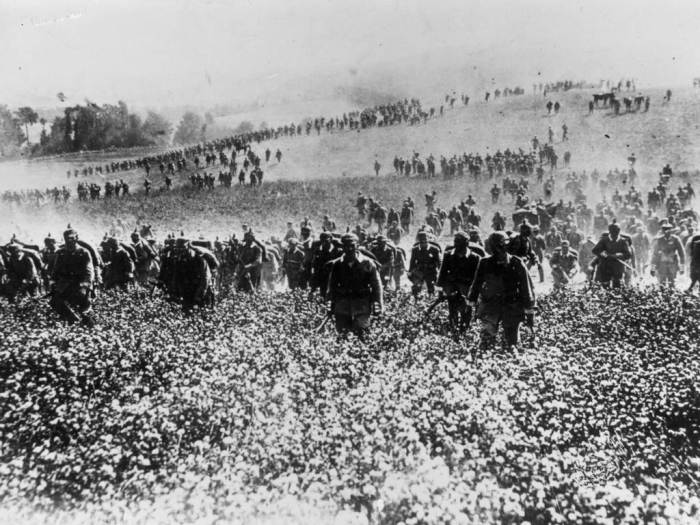I’ve just finished Christopher Clark’s remarkable book about the origins of the First World War. It’s very well-written but it’s not an easy read because Clark’s mill grinds exceedingly fine and he has an astonishing capacity for archival research across a range of languages. So the reader winds up knowing far more than he bargained for about the detailed intricacies of foreign policy and what passed for strategic thinking in a whole range of European governments.
about the origins of the First World War. It’s very well-written but it’s not an easy read because Clark’s mill grinds exceedingly fine and he has an astonishing capacity for archival research across a range of languages. So the reader winds up knowing far more than he bargained for about the detailed intricacies of foreign policy and what passed for strategic thinking in a whole range of European governments.
Given that, the sales of the book are nothing short of extraordinary. The Economist claims that it has sold over 300,000 copies, for example. What’s even more extraordinary is that it has sold 130,000 copies in Germany.
This has puzzled some commentators, but I think I know the reason for its popularity there. It is that, whereas the conventional wisdom about responsibility for the war has generally pointed the finger at Germany, Clark’s analysis is more nuanced. One way of interpreting his analysis is that the urge to war was the emergent property of a complex, interactive system, the actors in which were confused, riven by internal contradictions, and had poor information about the intentions and deliberations of all the other players in the game.
Here’s how he puts it in his conclusion:
“The outbreak of war in 1914 is not an Agatha Christie drama at the end of which we will discover the culprit standing over a corpse in the conservatory with a smoking pistol. There is no smoking gun in this story; or, rather, there is one in the hands of every major character. Viewed in this light, the outbreak of war was a tragedy, not a crime. Acknowledging this does not mean that we should minimise the belligerence and imperialist paranoia of the Austrian and German policy-makers that rightfully absorbed the attention of Fritz Fischer and his historiographical allies. But the Germans were not the only imperialists and not the only ones to succumb to paranoia. The crisis that brought war in 1914 was the fruit of a shared political culture. But it was also multipolar and genuinely interactive – that is what makes it the most complex event of modern times and that is why the debate over the origins of the First World War continues, one century after Gavrilo Princip fired those two fatal shots on Franz Joseph Street.”


